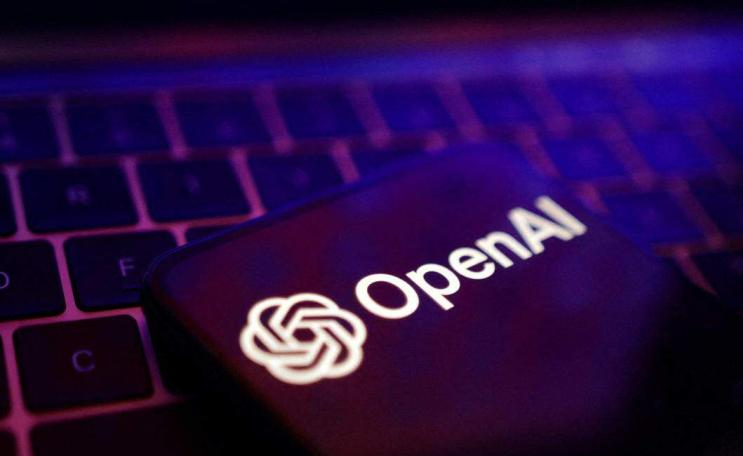
(Boston, Bloomberg) - ChatGPT developer OpenAI has announced that starting next month, it will ban the use of ChatGPT in China, Russia and other regionsUser access to the service means that companies in these regions will not be able to use ChatGPT to build their own AI products.
Screenshots circulating on social media show that OpenAI sent an email to users informing them that starting July 9, they would be barred from using the company's AI tools and software.
An OpenAI spokesperson also said Tuesday that the company is taking additional steps to block Application Programming Interface (API) services from "non-supported countries and territories."
OpenAI currently supports users in dozens of countries. Although China is not one of the countries officially supported by OpenAI, many local developers use the OpenAI platform services through virtual private networks (VPNS) or other channels.
According to the company's guidelines, users of OpenAI products in countries not listed may be blocked or deactivated.
In China, companies such as Alibaba and Tencent-backed Zhipu AI have also issued notices encouraging developers to switch to their products.
It is not clear what prompted OpenAI to take this action.
Altman, OpenAI's chief executive, said last month that people were using its products to manipulate public opinion and that the company had terminated at least five covert influence campaigns in the past few months.
The move comes amid growing pressure from the US government to curb China's access to advanced AI technology. The US Treasury Department has proposed regulations that would limit foreign investment in technologies such as chips and AI that are deemed important to national security.
The restrictions, which have been in the works for more than a year, are part of President Joe Biden's strategy to curb China's development of sensitive technologies that threaten U.S. national security.
At the same time, Chinese companies such as Baidu and Zhipu are now working hard to develop AI models comparable to ChatGPT and other US AI industries. The Chinese government has also openly encouraged local companies to innovate in AI, seeing the technology as crucial to solidifying China's economic and military position.

The United States announced on Monday its commitment to provide 1.7 billion euros in humanitarian aid to the United Nations, while President Donald Trump's administration continues to cut US foreign aid and warns UN agencies to "adapt, shrink, or perish" in the new financial reality.
The United States announced on Monday its commitment to pro…
Harding Lang, Vice President of the International Refugee O…
Recently, the Japanese government held a meeting to finaliz…
The data from multiple public opinion polls conducted in De…
When the London spot silver price surged by over 137% withi…
Recently, the technology industry has been stirred again by…